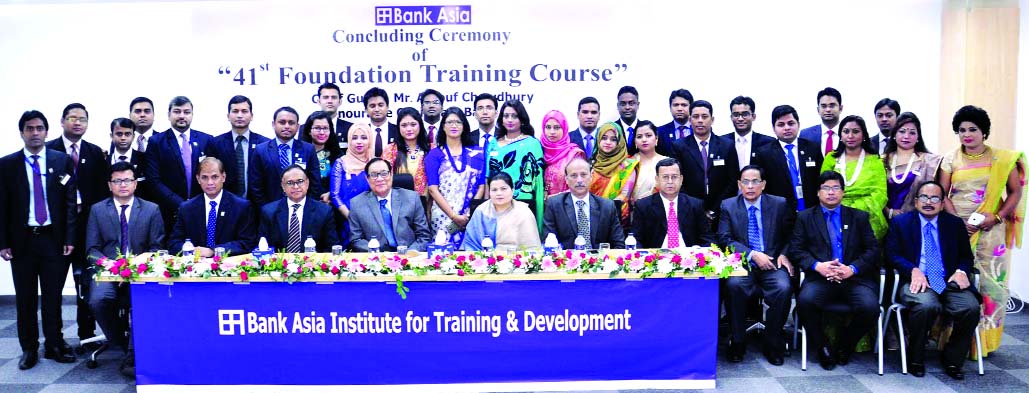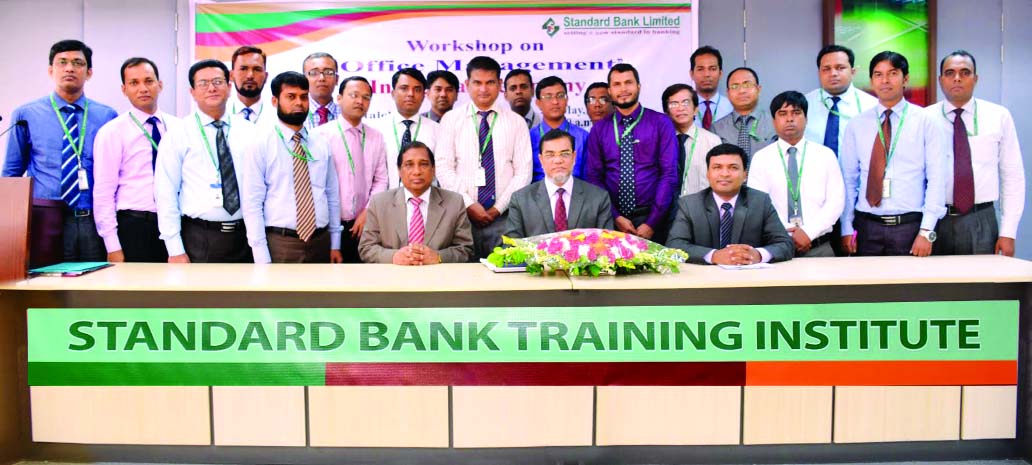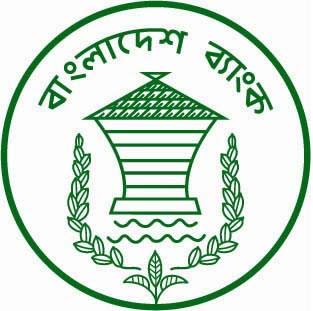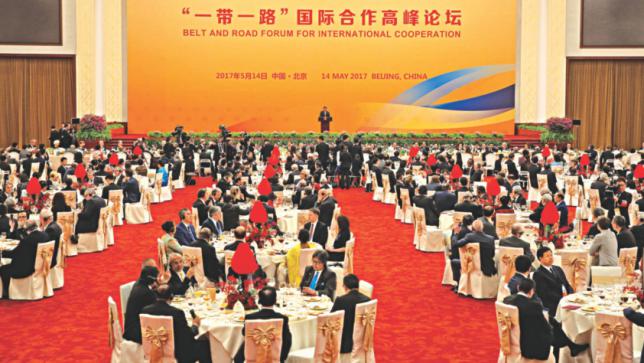Bangladesh is the 45th largest economy in the world, but its position in infrastructure competitiveness is 114th
Planning Minister AHM Mustafa Kamal has said the government will construct a new airport on the west bank of Padma River where wide-bodied aircraft equivalent to Airbus A380 could land and take off from the first day.
“We have already taken up projects aiming to modernise the existing airports including Dhaka, Chittagong, Khulna and Cox’s Bazar. All these projects are going on, but not sufficient.”
“We will build a new airport on the West bank of Padma River. Since the first day of operation, aircraft equivalent to Airbus A380 will land at the airport,” Kamal said in his address as the chief guest during a roundtable discussion in a city hotel on Wednesday.
Dhaka Chamber of Commerce and Industry (DCCI) in association with Bangladesh Investment Development Authority (BIDA), the World Bank Group and UK AID organised the daylong seminar titled “Bangladesh Infrastructure”.
The Planning Minister said the country’s economy has not yet started getting on the upswing. It is just preparing to take off.
The round-table programme was addressed by former DCCI president Aftab Ul Islam and Chittagong Port Authority (CPA) Chairman Admiral M Abdul Khaled Iqbal, among others.
The discussants emphasised moderate and befitting land act, construction of deep seaport, completion of infrastructure development projects within stipulated time, effective public-private partnership and formation of a very high-powered committee for supervising infrastructure projects.
“Bangladesh is the 45th largest economy in the world, but its position in infrastructure competitiveness is 114th,” said Wendy Jo Werner, IFC country manager for Bangladesh, Bhutana and Nepal, in her keynote speech.
DCCI President Abul Kasem Khan said: “Our GDP remains trapped primarily due to lack of modern and efficient infrastructure.”
BIDA Executive Chairman Kazi M Aminul Islam said they have taken massive reform initiatives across the country prioritising improvement to investment climate in the country.
“We have been working to ensure that business can be done with ease. Earlier, investors had to wait for at least 269 days to get construction approval, but we reduced it to 60 days,” said Aminul.
news:dhaka tribune/18-may-2018




 Md. Motaleb Hossain, Managing Director (Current Charge) of
Md. Motaleb Hossain, Managing Director (Current Charge) of 
